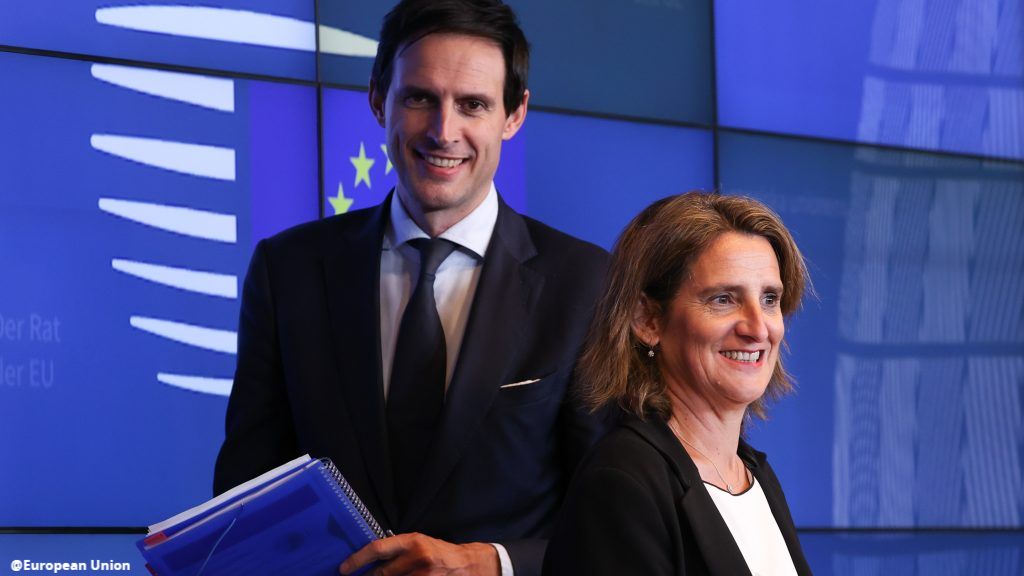
The EU member states agreed on their position regarding COP28 on 16 October, but on the international stage, early talks ahead of the conference seem to be at a standstill. Ahead of the UN’s climate conference, which will take place from the 30 November until the 12 December in the United Arab Emirates (UAE) and will gather nearly 200 parties, a pre-summit took place in Abu Dhabi on 30 October with 100 delegations.
The EU’s position entails pushing to triple renewable energy capacity and double energy efficiency advancements by 2030. But mirroring global dissensions and the need for compromises, greenhouse gas emission and fossil fuel reduction targets are less clear, with the bloc calling for a “predominantly” fossil-free and decarbonised system and the phase-out of “unabated” fossil fuels. The timeline and definitions of these objectives are not explicitly set out by the EU either and promise to be a contentious point in Dubai as well. For critics, only phasing out “unabated fossil fuels” creates a loophole, allowing producers to keep burning fossil fuels while carbon capture and storage technologies do not yet have the capacity to compensate for these emissions.
Climate Commissioner Wopke Hoekstra and Spanish Deputy Prime Minister Teresa Ribera, who will represent the EU 27 at the conference, both made reaching a global agreement on emissions peak and banning new coal projects their main objectives. But they warned that these propositions would face opposition from some nations as well as pushback from fossil fuel companies, even though failing to ban coal or weakening ambitions would make it impossible to stay within the 1.5-degree Celsius warming pathway.
To ensure the negotiations can move forward, countries will also have to settle the issue of climate finance and decide how to help vulnerable nations that have experienced loss and damage – a topic that is expected to take centre stage at this year’s COP. Overall, presenting a united front and reaching a common approach to tackling climate change will be key, according to Ribera. While the EU intends to be at the forefront of these efforts, many geopolitical hurdles stand in its way, from tensions in the Middle East to Russia’s war on Ukraine and US-China tensions running high.